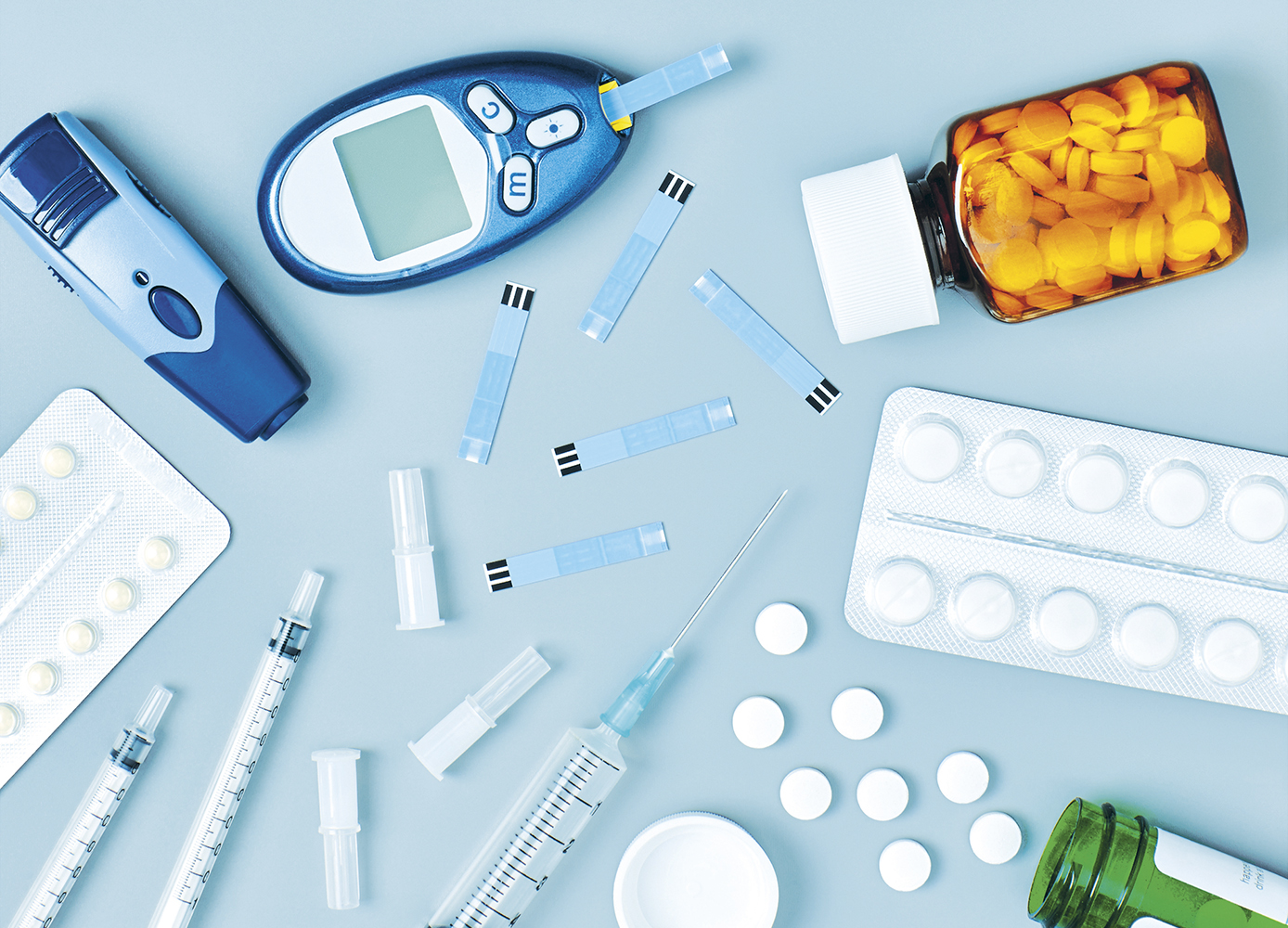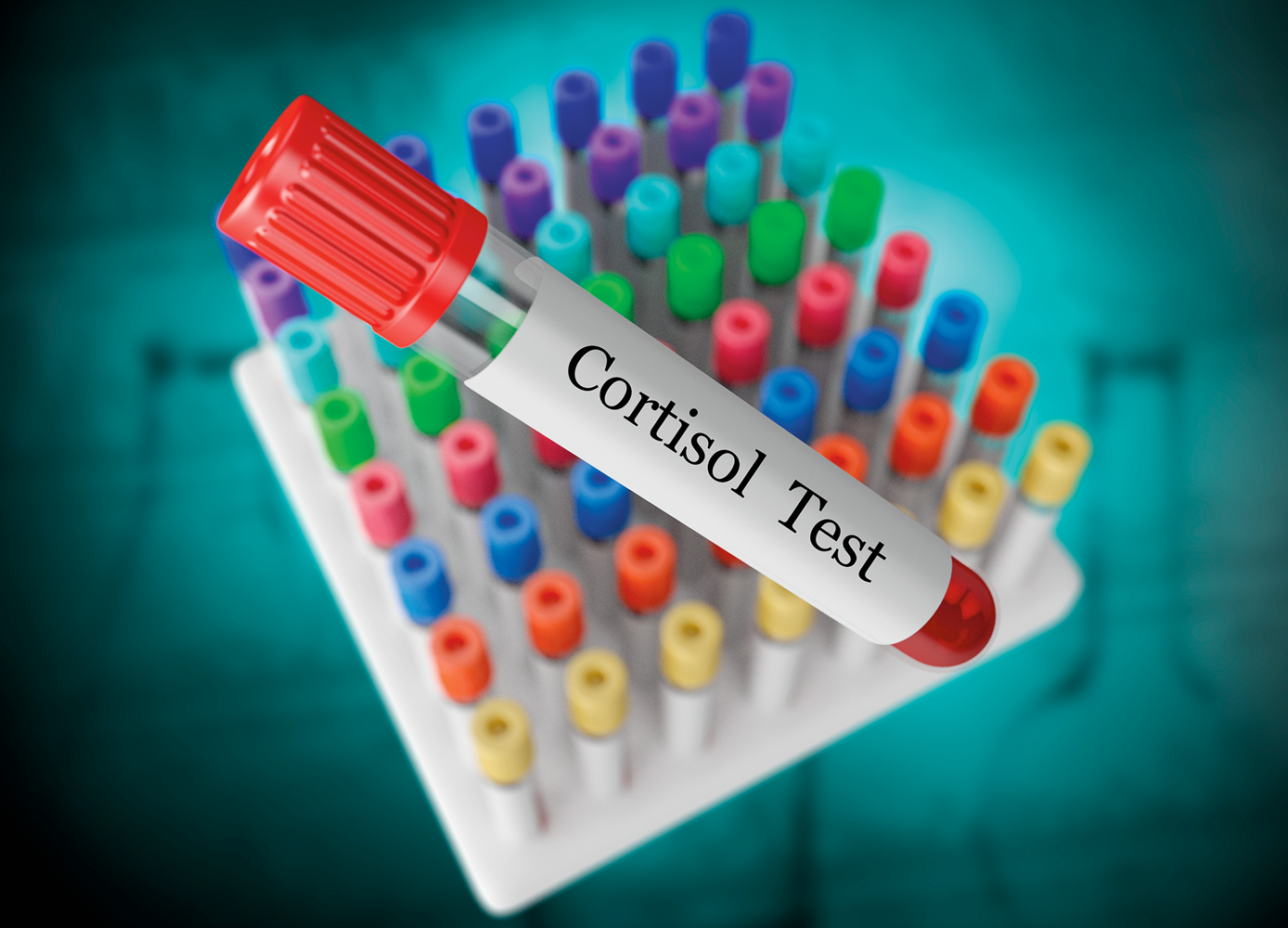A recent addition to the pages of Good Times magazine is “Your Health Questions,” in which we find experts to answer questions submitted by our readers about health, nutrition, and well-being.
By Wendy Haaf
I was recently diagnosed with Type 2 diabetes, and I was surprised when my doctor prescribed an oral medication called metformin. I thought I’d have to go on insulin. Have things changed? What is metformin?
No, things haven’t changed—it’s just that a lot of people confuse Type 2 diabetes with Type 1.
In someone with Type 1 diabetes, the immune system destroys insulin-producing beta cells in the pancreas. Insulin is responsible for shuttling glucose into cells that use it for energy; in its absence, glucose builds up in the blood, so a replacement source is needed to bring down blood-sugar levels.
People in the early stages of Type 2 diabetes, on the other hand, have a very different problem—tissues throughout the body that should be sensitive to insulin, such as muscle cells, have gradually lost their ability to respond to it. This also means that the liver—which would normally shut down the production of glucose upon sensing insulin—becomes blind to it and so continues to release glucose into the blood. During this process, the pancreas continues to churn out more insulin in an effort to reverse the rising tide of blood glucose, to no avail.
As you might imagine, in this situation, “Adding more insulin is not going to help,” explains Dr. Jason Dyck, a professor of pediatrics at the University of Alberta and member of the Alberta Diabetes Institute in Edmonton. (Two things that do help, and are therefore integral in treating Type 2 diabetes, are exercise and diet management. The first increases insulin sensitivity, while eating moderate amounts of slow-burning carbohydrates such as barley and oats spaced throughout the day helps prevent spikes in blood sugar.)
Various classes of oral diabetes medications tackle the problem from different angles: some, for example, make the peripheral tissues more sensitive to the effects of insulin, while others slow the absorption of carbohydrates. Current guidelines recommend first trying metformin, which essentially shuts off glucose production in the liver.
“It’s the go-to medication to begin with,” Dyck says, thanks to a long history of safety and a favourable side-effect profile. For example, metformin is less likely to cause weight gain or dangerous drops in blood sugar than are most other oral medications. “Some people don’t respond well—they have gastrointestinal problems—but for the most part, metformin is well tolerated,” Dyck says.
Furthermore, metformin is inexpensive and may have protective effects in other diseases, such as breast cancer.
Researchers have also tried using metformin in combination with other medications, along with personalized exercise routines and a reduced-calorie diet, as part of an intensive treatment regimen very early in Type 2 diabetes in an attempt to change the course of the disease. Dyck says that the idea is “to stop the beta cells from working so hard, so they can rest.” The hope is that, given a break, the insulin-making cells will recover, rather than further deteriorate and die.
While more research is needed, early results are promising, suggesting the approach may actually reverse Type 2 diabetes, at least for several months.
For more information on Type 2 diabetes, visit diabetes.ca.
Photo: iStock/Neustockimages.






